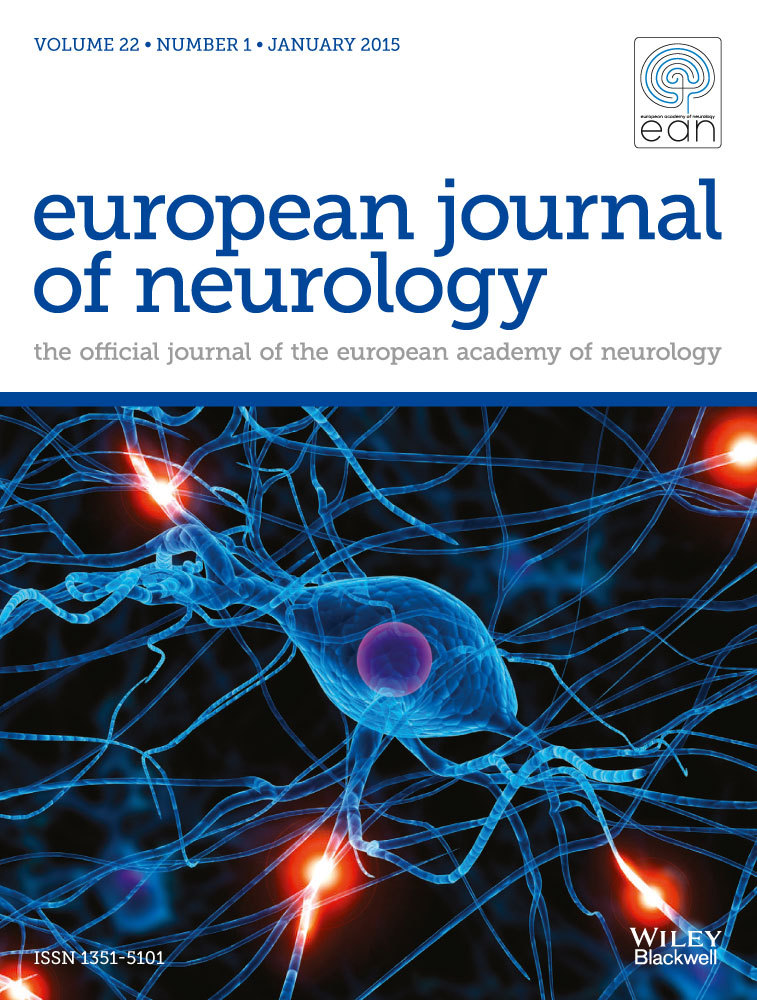GLP-1 Agonists as Potential Neuromodulators in Development of Parkinson's Disease: A Nationwide Cohort Study
Abstract
Background
Parkinson's disease is a progressive neurodegenerative disorder with no cure. Glucagon-like peptide-1 receptor agonists (GLP-1RAs) may have neuroprotective effects. However, long-term real-world studies are needed to clarify their potential impact on Parkinson's disease.
Methods
This nationwide cohort study included 33,462 patients (16,731 GLP-1RA initiators and 16,731 propensity score-matched dipeptidyl peptidase-4 inhibitor [DPP-4i] initiators) from 2007 to 2018, followed until 2022. Eligible participants were ≥ 50 years, had no prior cancer or Parkinson's disease, and were residents in Denmark for at least 10 years. Patients were followed until Parkinson's diagnosis, death, emigration, treatment discontinuation (no additional prescription within 180 days), switch to the other study drug, or end of follow-up. Additional analyses included comparisons with insulin, competing risk of death, and the main analysis disregarding adherence.
Results
During follow-up, 192 patients developed Parkinson's disease, including 93 during sustained treatment. After 10 years, sustained GLP-1RA users had a lower hazard ratio (HR 0.57 (95% CI 0.37;0.85)) and absolute risk difference (−0.24 (95% CI −0.63 to 0.15)) compared to DPP-4i users. Similar trends were found when using insulin as a comparator. A significant survival advantage was found among sustained users of GLP-1RA (particularly when comparing with insulin). When not accounting for adherence, the results was not statistically significant.
Conclusions
Results were suggestive for a potential neuroprotective effect of GLP-1RAs against Parkinson's disease. Further studies are needed to assess biomarkers of disease progression, and evaluate safety in patients with Parkinson's disease, dosing, and effects when combined with other treatments in neurodegenerative diseases.


 求助内容:
求助内容: 应助结果提醒方式:
应助结果提醒方式:


